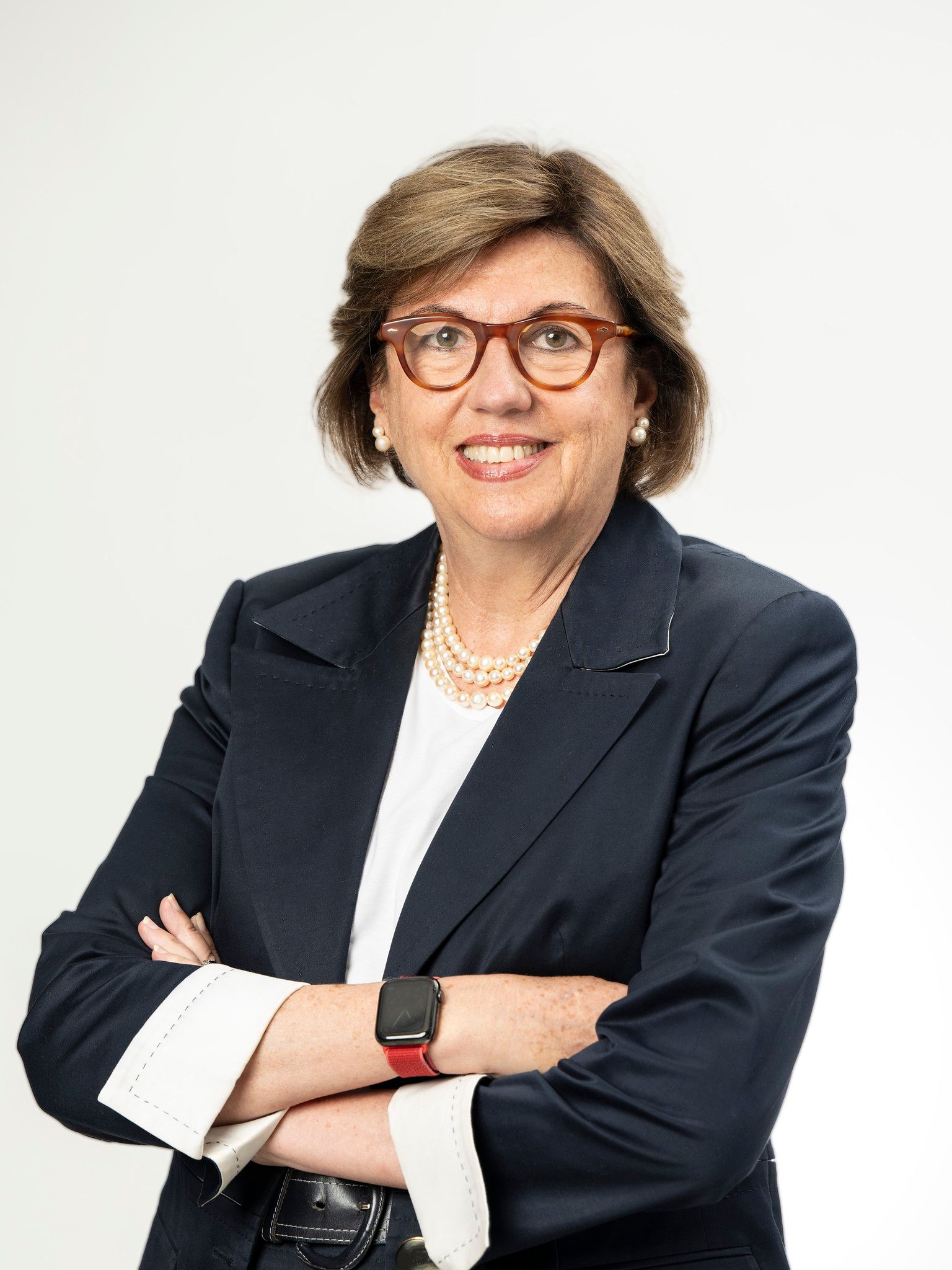As a prominent member of the G7, the United Nations and the Global Partnership for Education (GPE), the United Kingdom has long been both a strong advocate and a source of vital resources for educating girls and boys in lower-income countries.
Heading towards the next general election, it is imperative that education is consolidated as a cross-party issue, not only because individuals’ lives are at stake, but because education is the best pathway to more equitable, prosperous and secure societies.
The global community has increasingly recognized the imperative of gender equality in and through education and it has in the past achieved promising—if fitful—progress in getting more children learning, particularly girls.
Covid’s sudden and sweeping onslaught tragically strangled that momentum in parts of the world, while conflict has dramatically reversed gains in certain other countries.
Children need the UK and other prosperous nations to deliver financial support on a scale in tune with today’s mounting crises. All girls and boys, equally, must be given the skills to not just survive but to thrive in the face of current and future threats.
But the pandemic reminded us as never before that education systems remain shockingly vulnerable to shifting public imperatives, leaving communities and entire societies relying on an increasingly fragile foundation.
These education systems need far greater resources and expertise from all stakeholders, with each contribution serving to further encourage and ensure gender equality in learning. In a new paper, GPE sets out how, as a partnership and fund, we are bringing everyone to the table to drive transformative change through gender equality in access to, within and through education.
In countries like Nepal and Sierra Leone, GPE is working with governments and their partners to change harmful social norms that undermine learning, particularly for girls but also for those from ethnic minorities or for those with disabilities.
This kind of equal access—in enrollment and completion—is a foundation of successful education. There is also an urgent need to look beyond attendance and consider the role gender plays in boys’ and girls’ experiences within the education system, as well as the potential to engage young people as agents for change through education.
Examples include promotion of women in school leadershippositions and vocational pathways that support opportunities, regardless of gender.
In the UK, I hope all political parties will heed the call to include a commitment to global education financing in their manifestos and step up the pressure internationally through the G7 and other forums, including through initiatives such as the upcoming government White Paper on international development.
About the Global Partnership for Education
GPE is a shared commitment to ending the world’s learning crisis. We mobilize partners and funds to support nearly 90 lower-income countries to transform their education systems so that every girl and boy can get the quality education they need to unlock their full potential and contribute to building a better world. For more than 20 years, GPE has mobilized partners and funds to get 160 million more girls and boys in school and improve learning in partner countries around the world. GPE has become the single most significant funder of education by offering:
The reach:
GPE has nearly 90 partner countries and an active grant portfolio of almost $3 billion. In 2022 alone GPE reached nearly 110 million children and trained more than 675,000 teachers.
The vision:
GPE looks at education systems as a whole. Our big picture approach helps countries make changes that will get more children in school and learning.
The convening power:
GPE is the only platform that brings together all the different parties needed to drive lasting change and mobilizes funding behind these reforms.
The tools:
GPE provides countries with a range of flexible funding options and uses innovative financing tools to bring even more resources in. GPE also supports evidence generation (KIX) and civil society strengthening (Education Out Loud).
To learn more:
www.globalpartnership.org





